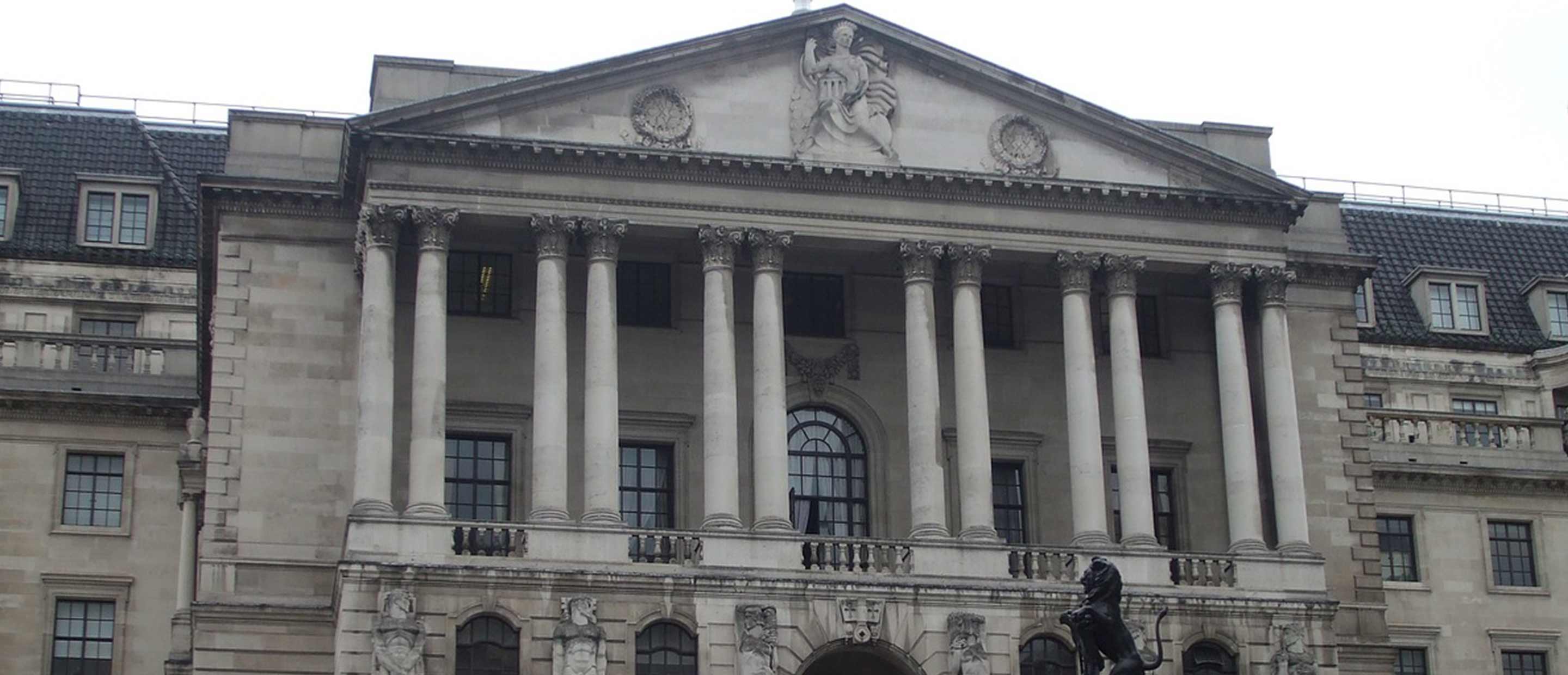The Bank of England (BoE) maintained its key interest rate at 5.25% for the sixth consecutive meeting last Thursday. Signals from the Monetary Policy Committee (MPC) indicate a potential rate cut as early as June 20, however.
BoE Governor Andrew Bailey emphasised that while a June rate cut is not guaranteed, it is likely that the base rate will be lowered in the coming quarters to respond to easing inflation pressures. The central bank's updated May Monetary Policy Report forecasts a decline in annual inflation towards 2% in the middle of the year, aligning with earlier predictions, but expects a slight uptick later. Core inflation, particularly in services, remains high – due to labour costs and rent increases – but is projected to slow. The UK economy showed signs of recovery, exiting a mild technical recession with better-than-expected first-quarter GDP growth of 0.6%, driven by broad-based sectoral improvements and supported by fiscal easing measures. Meanwhile, the UK labour market remains tight by historical standards but it is showing signs of cooling.
Overall, the BoE's cautious but increasingly dovish stance reflects its readiness to adjust policy in response to evolving economic indicators.
Key takeaways:
- The Bank of England (BoE) is likely to cut the base rate in the coming quarters – potentially as soon as June 20 – on the back of expected ongoing disinflation and to provide further support for the economic recovery.
- BoE decision-making is heavily influenced by its inflation forecasts, which expect a decrease towards the 2% target by the end of 2025. Its revised GDP growth projections and changes in labour market conditions will also guide the timing and magnitude of the anticipated rate cuts.
- Given the still high degree of uncertainty surrounding the near-term path of UK inflation, markets are likely to remain volatile as market participants adjust their interest rate expectations in response to incoming data.







